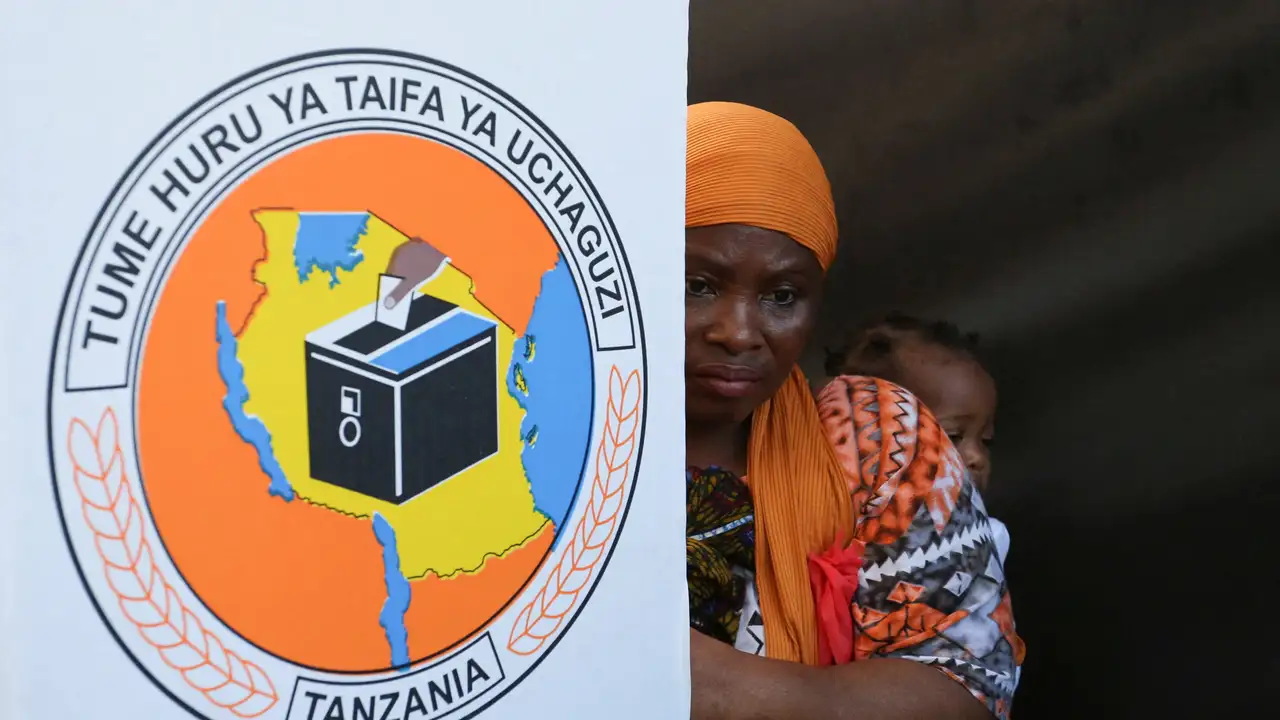The October 29 polls will elect the president, members of the National Assembly, and ward councillors. Campaigning officially began on 28 August and has been marked less by policy debate than by a series of unconventional pledges that have sparked both amusement and debate.
While some of these promises appear light-hearted, analysts suggest their prominence reflects the limited participation of major opposition figures in this year’s race.
A Crocodile pond to fight corruption
In Tanzania mainland, African Farmers Party (AAFP) presidential candidate Kunje Ngombale Mwiru captured public attention with an unusual anti-corruption proposal – the construction of a crocodile pond at the State House.
Speaking in Morogoro on 2 September 2025, Mr Mwiru declared: “If elected, I will establish a crocodile pond – yes, a crocodile pond – for corrupt individuals. Anyone found guilty of embezzlement or economic sabotage will face the consequences.”
The statement, widely circulated on both mainstream and social media, quickly became one of the campaign’s most talked-about moments.
Polygamy as policy in Zanzibar
Across the Indian Ocean in Zanzibar Island, Khamis Faki Mgau, the National Reconstruction Alliance (NRA) presidential candidate, made headlines with a promise to make polygamy mandatory for young men.
Mr Mgau argued that economic prosperity under his leadership would remove any excuse for men to remain monogamous.
“Young men, be ready. When I become president of Zanzibar, it will be illegal for a man to have only one wife. Anyone with just one will face six years in prison,” he said.
Alongside his polygamy pledge, Mr Mgau promised sweeping economic reforms, including a monthly salary for every Zanzibari aged five and above, with a minimum of Sh900,000.
Opposition candidate endorses the incumbent
In one of the campaign’s more surprising developments, Juma Ali Khatib, the Tanzania Democratic Alliance (TADEA) presidential candidate, publicly endorsed Zanzibar’s incumbent president, Hussein Ali Mwinyi of the ruling CCM.
“We are satisfied with the great work President Mwinyi has done. We want him to continue. Even if I win, I won’t remove him; I want him to remain president,” said Mr Khatib.
He cited Article 39(3)(i) of the Zanzibar Constitution, which allows for the appointment of a First Vice President from any party securing at least 10 percent of the presidential vote.
Mr Khatib said his aim was not to compete with Dr Mwinyi but to support him in accelerating development. “We are not competitors in the narrow sense. Our goal is a partnership that delivers tangible results for Zanzibar,” he said.
Banning king-size beds to boost birth rates
Another AAFP presidential candidate in Zanzibar, Said Soud Said, Said Soud Said, a presidential candidate in Zanzibar, proposed banning king-size beds, which he believes contribute to declining birth rates in the region.
“In the past, when people used 4×6 beds, families were bigger and Zanzibar’s population was growing steadily,” Said, proposing to limit bed sizes to 4×6 to encourage larger families.
“When you sleep on a 6×6 bed, the wife is on one side and the husband on the other – you don’t reproduce. Our ancestors slept on smaller beds and had many children,” he said.
A veteran of the 2010, 2015, and 2020 elections, Mr Said maintained a respectful tone towards the current leadership, saying his aim was to build on existing progress “with greater speed.”
Monthly stipends for Zanzibaris
Ameir Hassan Ameir of the Makini Party also drew attention with a pledge to provide a monthly allowance of Tanzanian shillings 500,000 (about USD 202.9) to every Zanzibari citizen.
“Immediately after being sworn in, every Zanzibari will receive 500,000 shillings each month. This is not a dream; it is a vision – but it will require hard work and collective commitment,” he said.
He argued the initiative would be feasible through major economic reforms and increased national income.
A weakened opposition field
In June, 14 smaller opposition parties whose historical data show they rarely capture more than 5% of the vote. announced their commitment to participate fully in the 2025 polls and uphold peaceful, issue-based campaigns.
The move followed a heated national debate over electoral reforms and a boycott threat from the main opposition party, CHADEMA, which maintained the slogan “No Reforms, No Election.”
Ultimately, CHADEMA chose to boycott the polls, citing the need for fundamental electoral changes. Meanwhile, ACT-Wazalendo, the second-largest opposition party, saw its presidential candidate, Luhaga Mpina, disqualified by the commission.
Author's bio
Mweha Msemo is a Tanzanian freelance journalist based in Dar es Salaam. He focuses on stories of marginalised communities, social justice, and digital rights. With a passion for amplifying unheard voices, his work highlights the lives and challenges of underrepresented groups, reflecting his commitment to raising awareness and fostering understanding.
